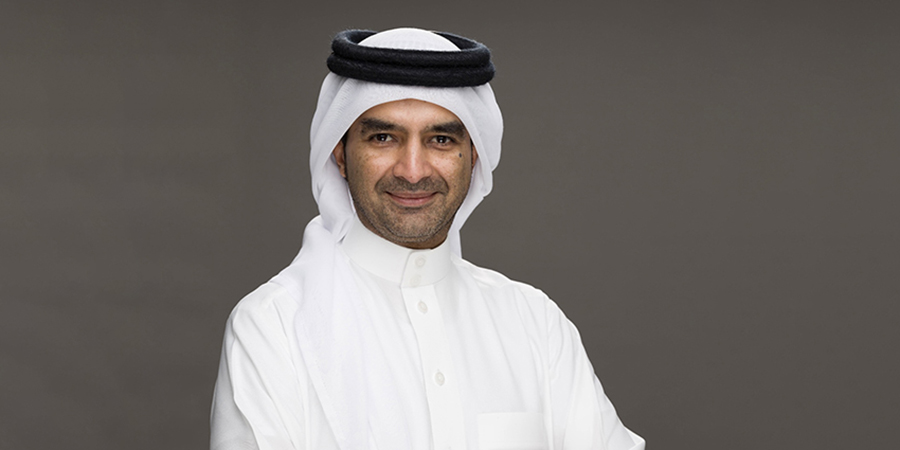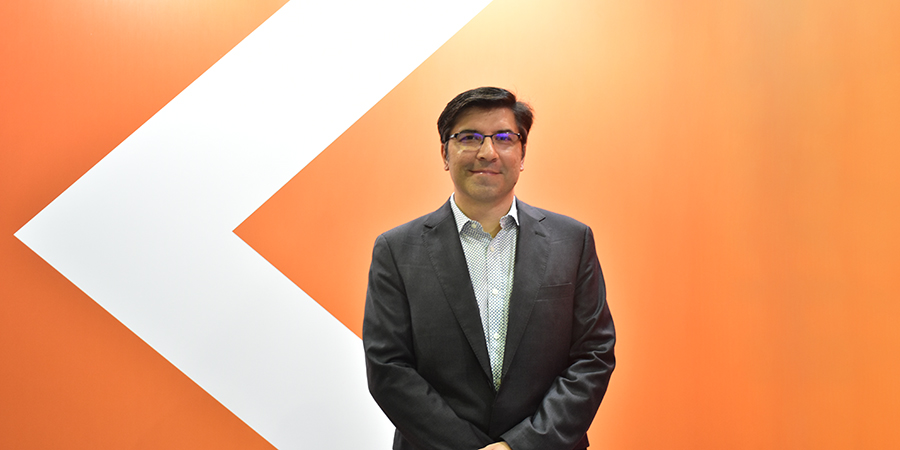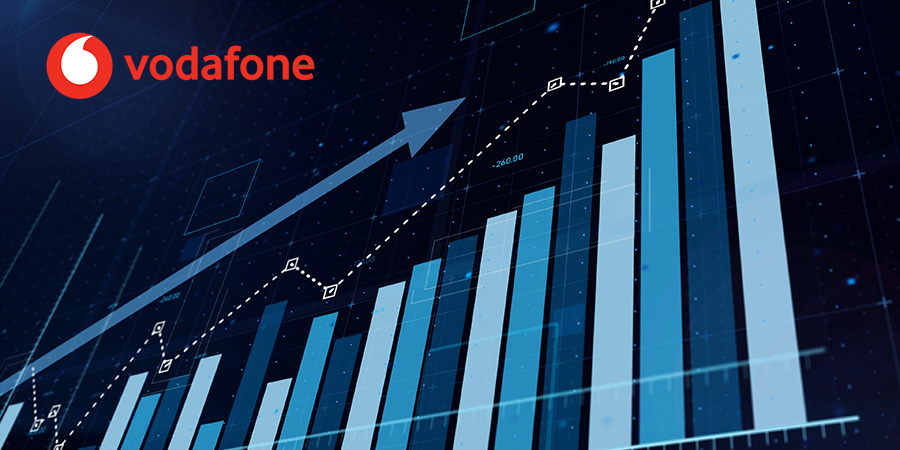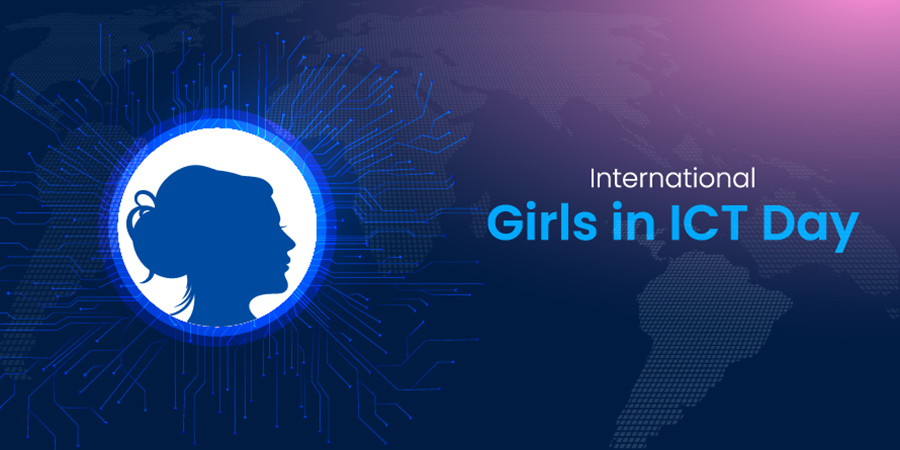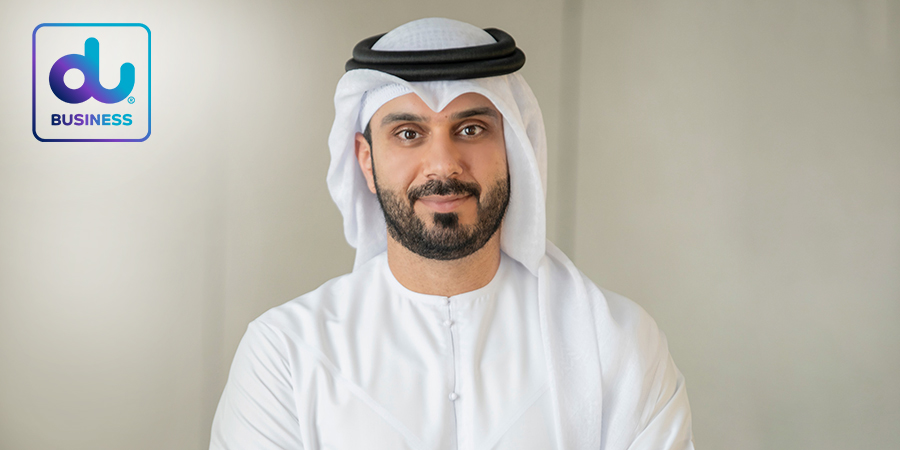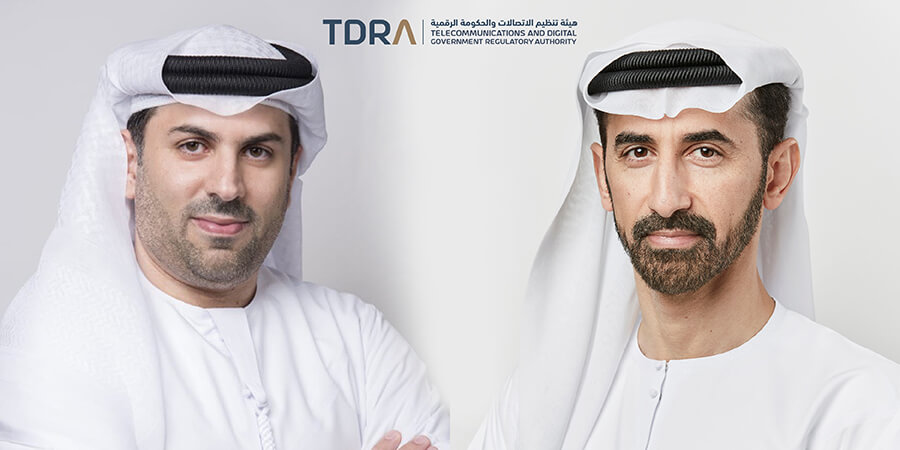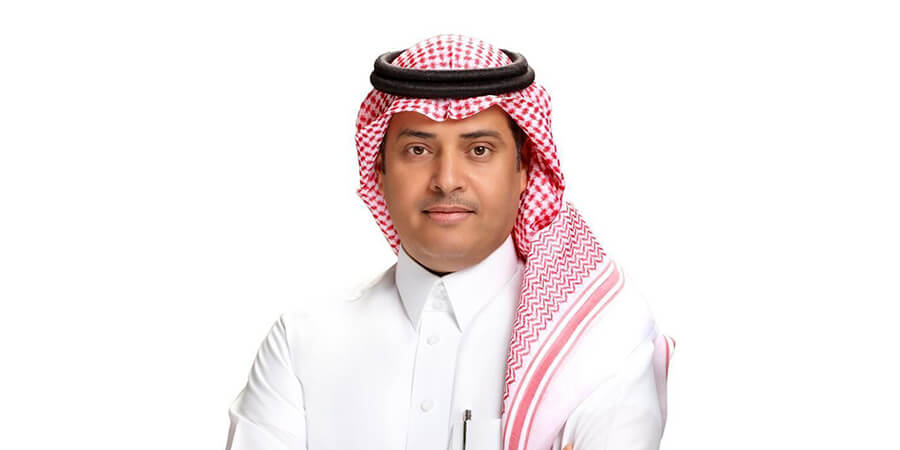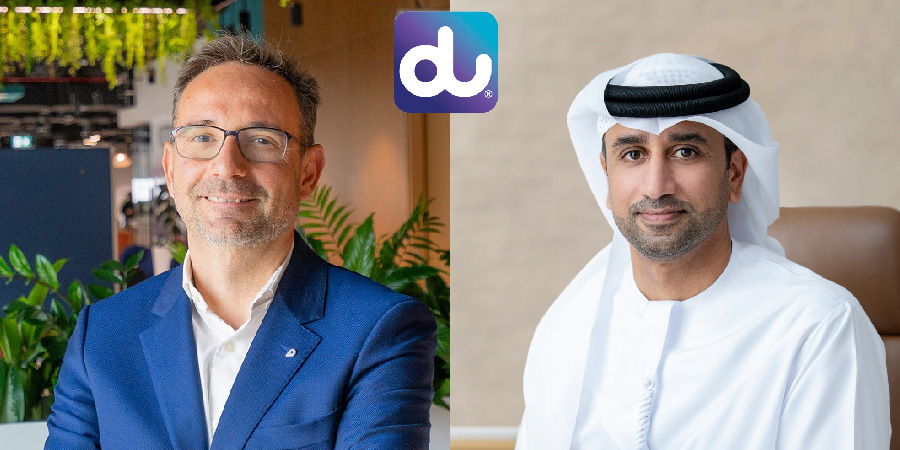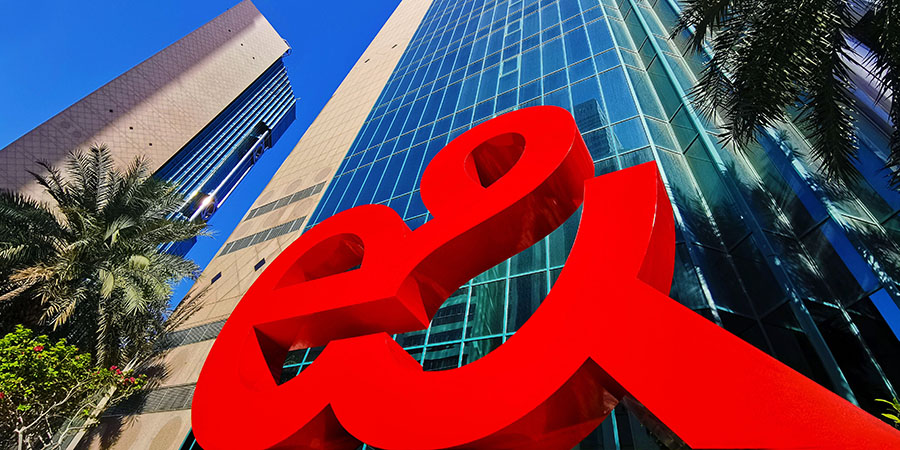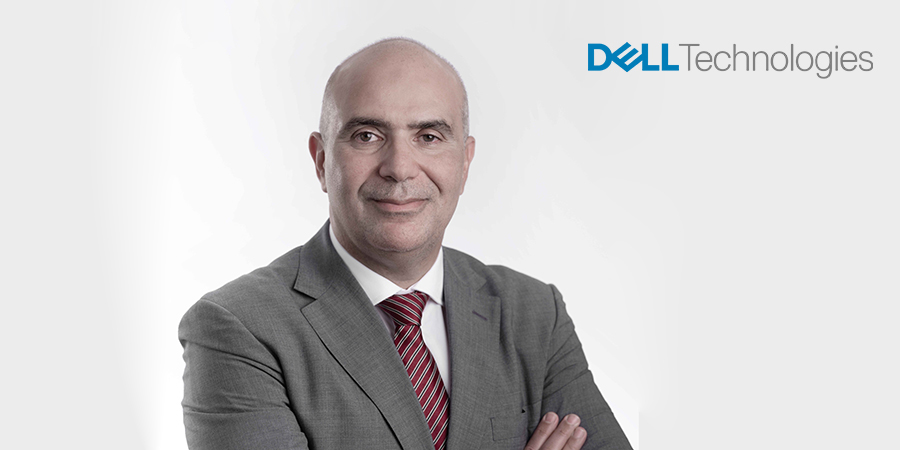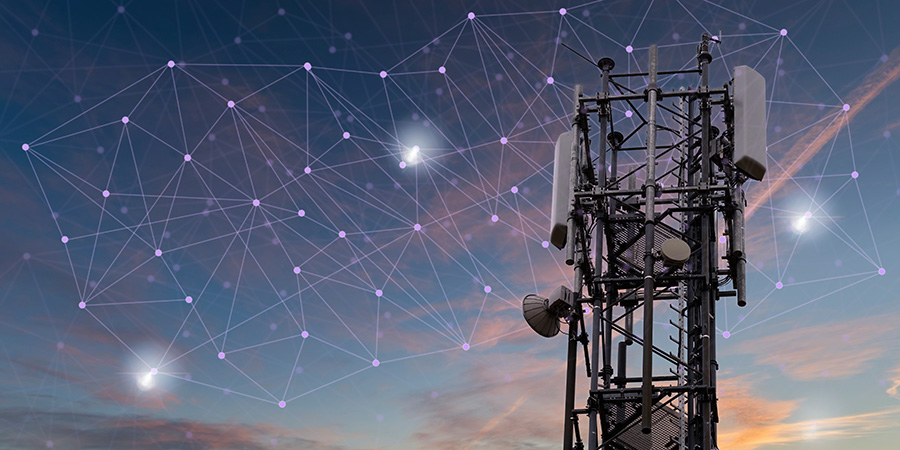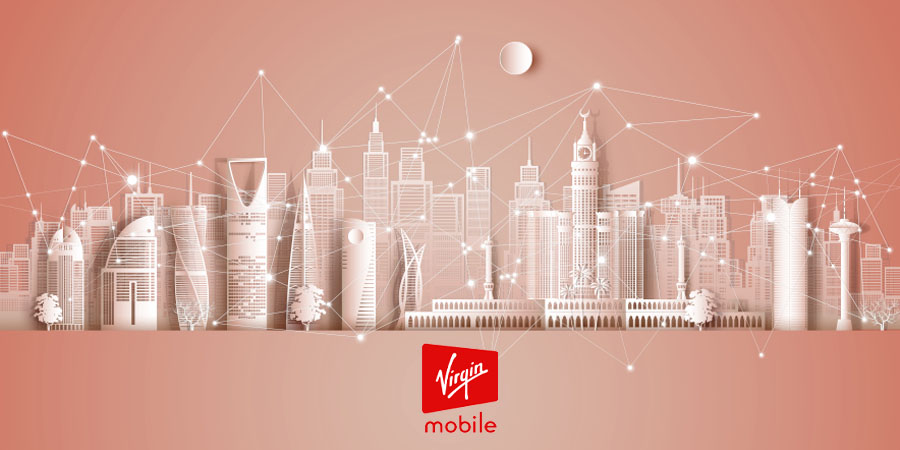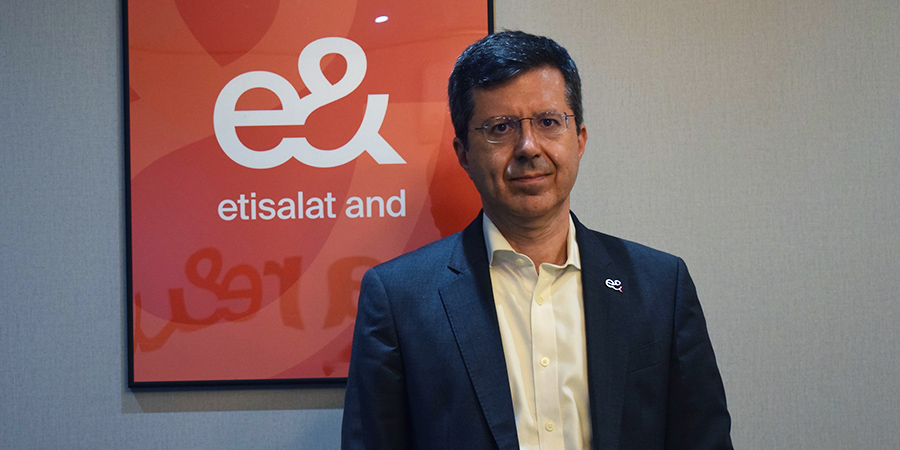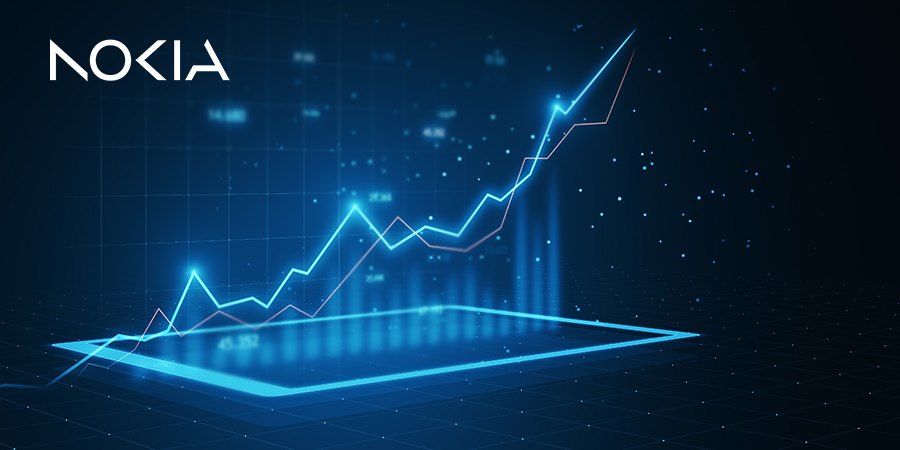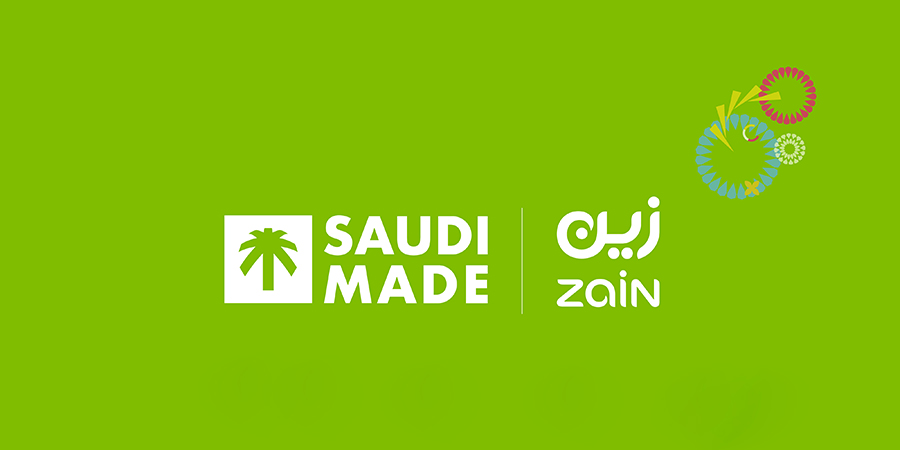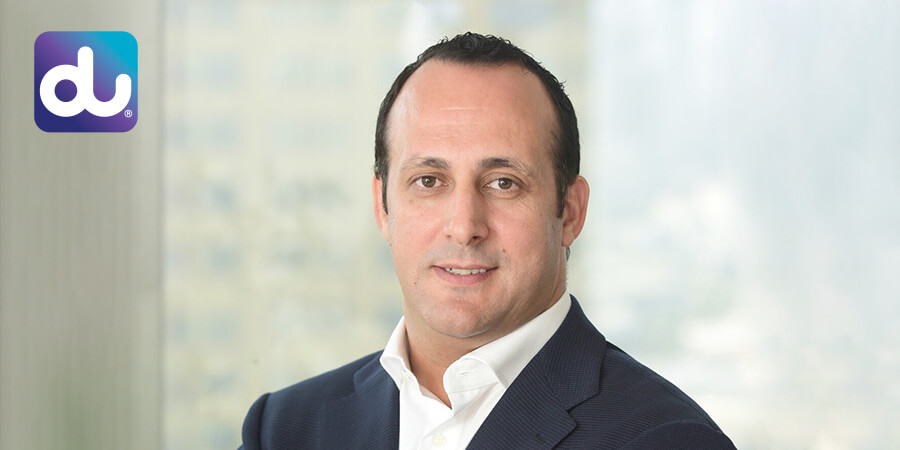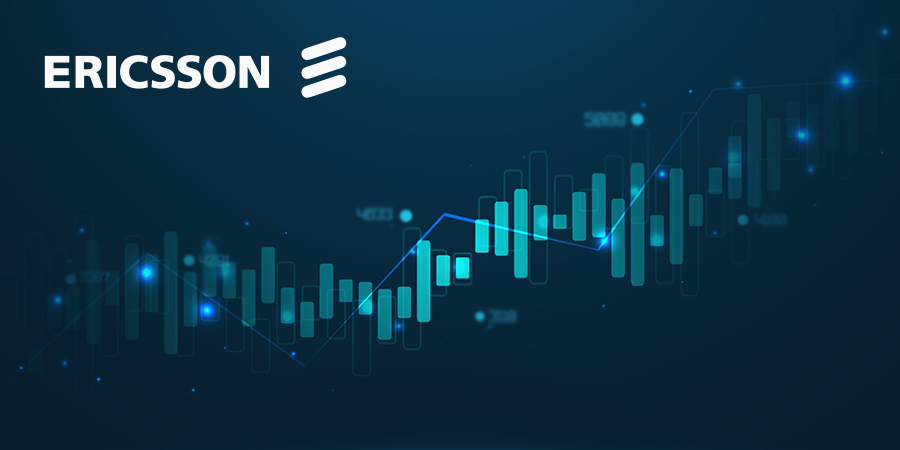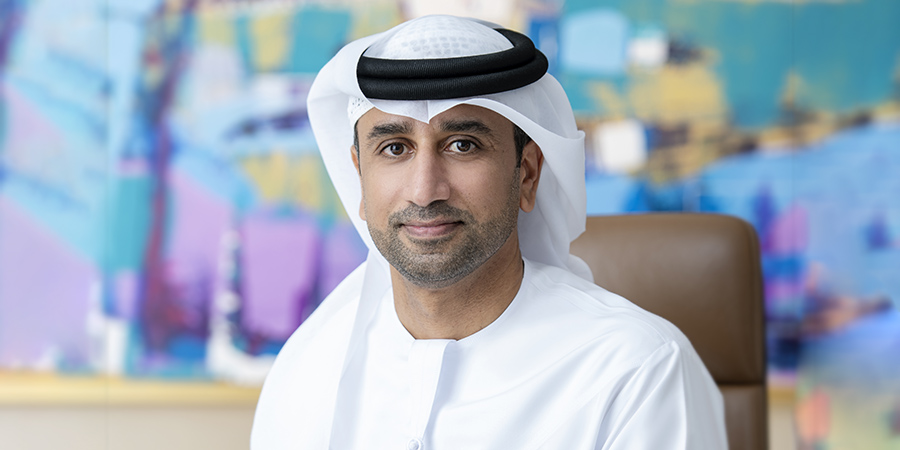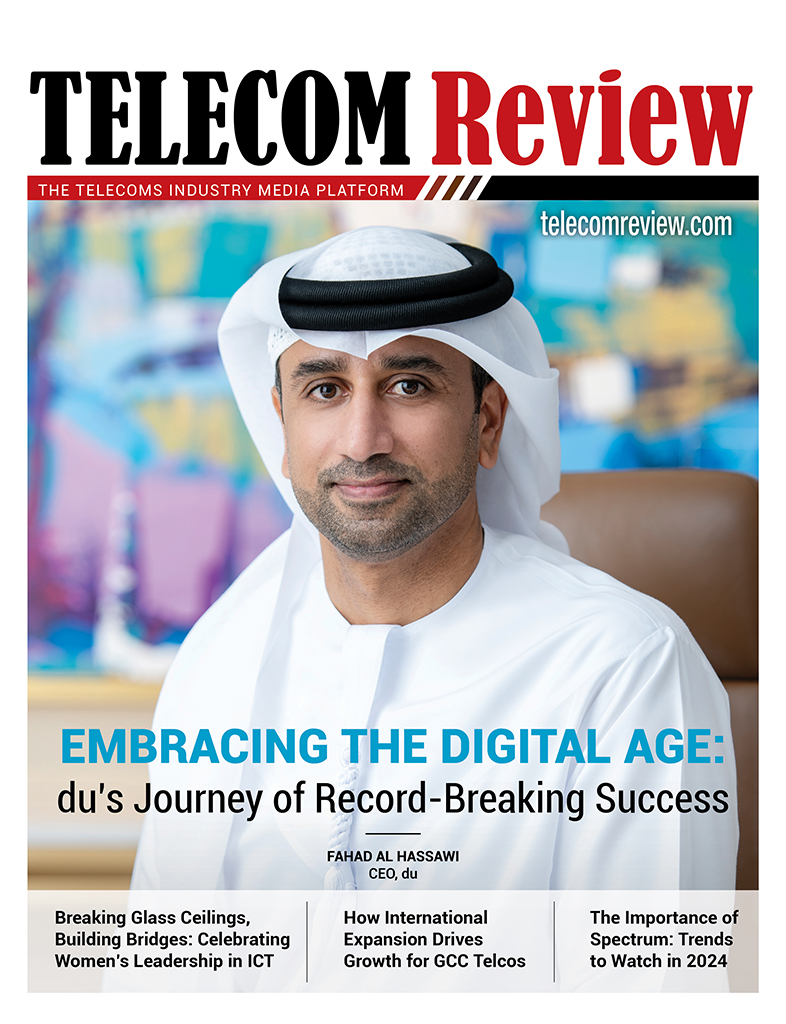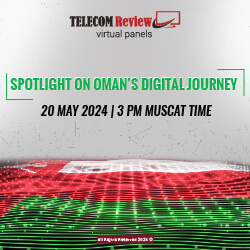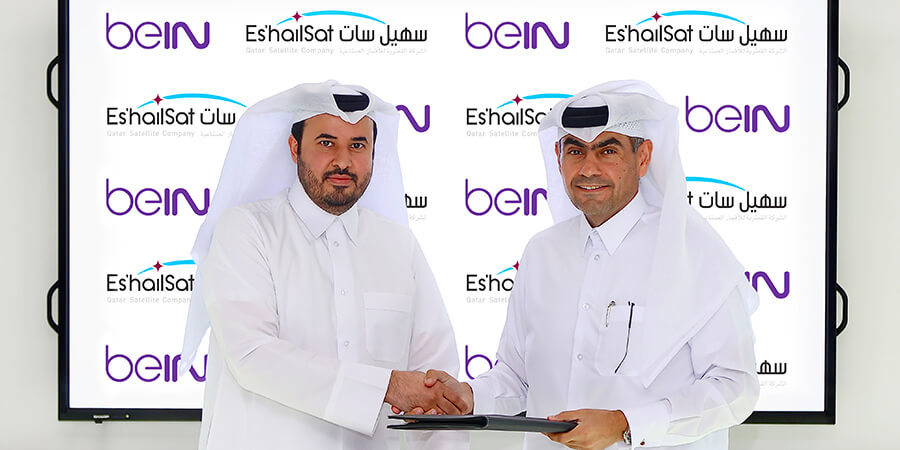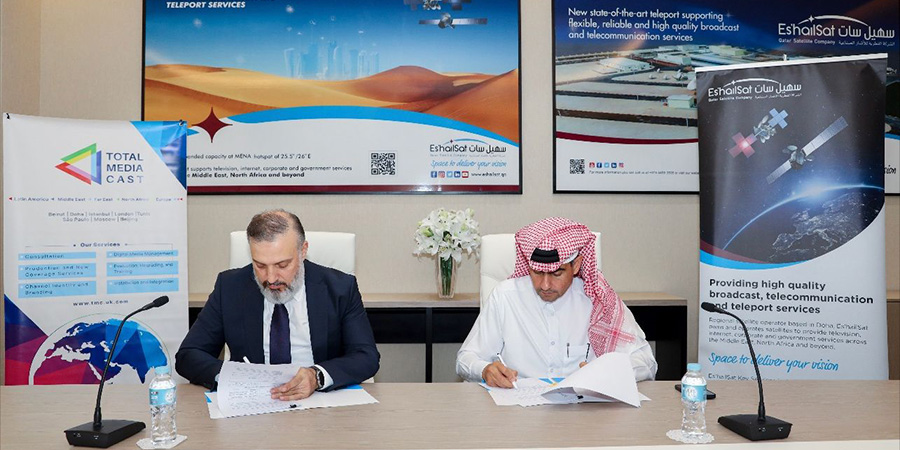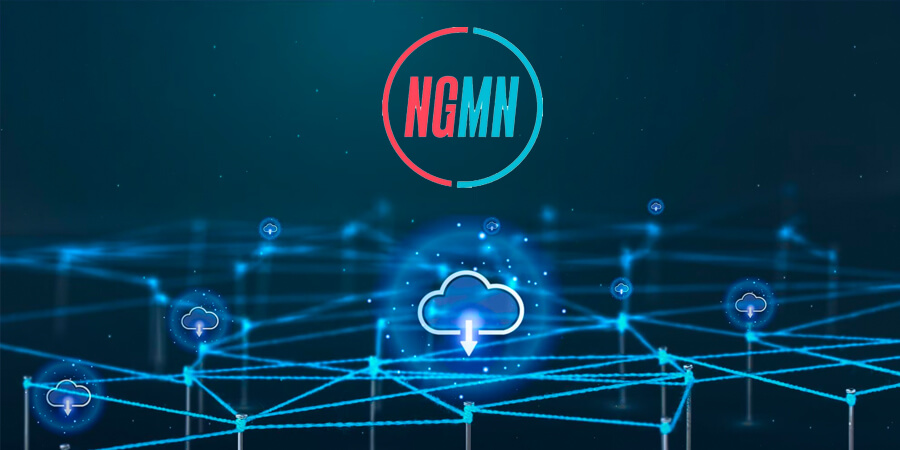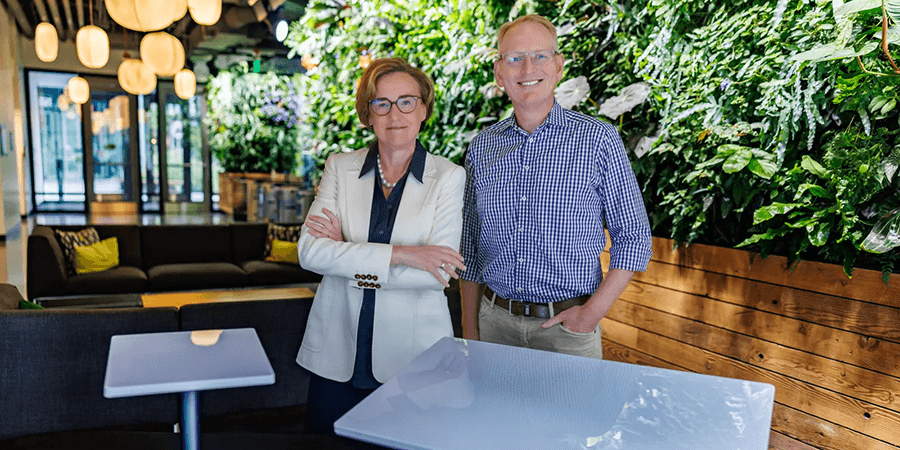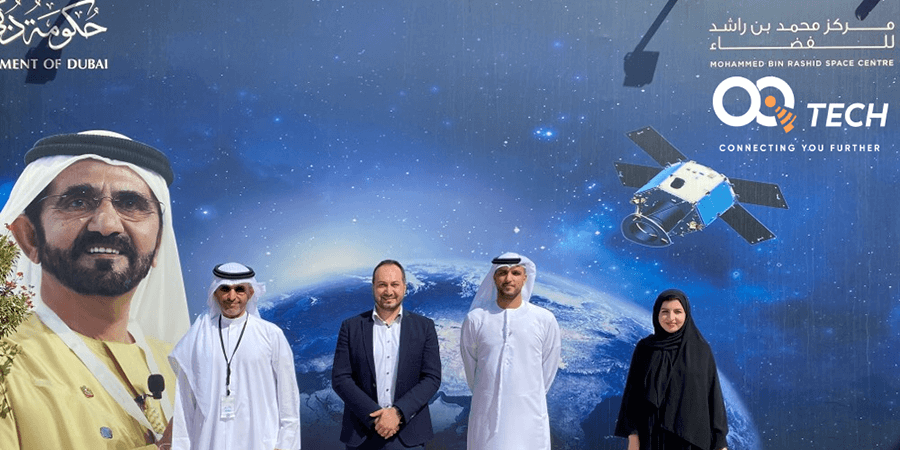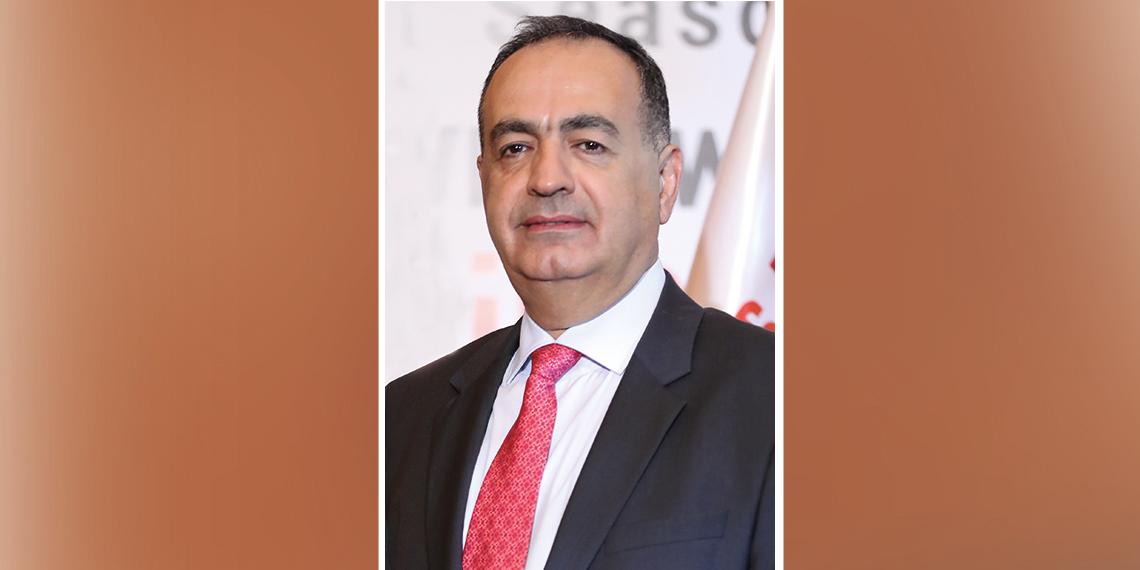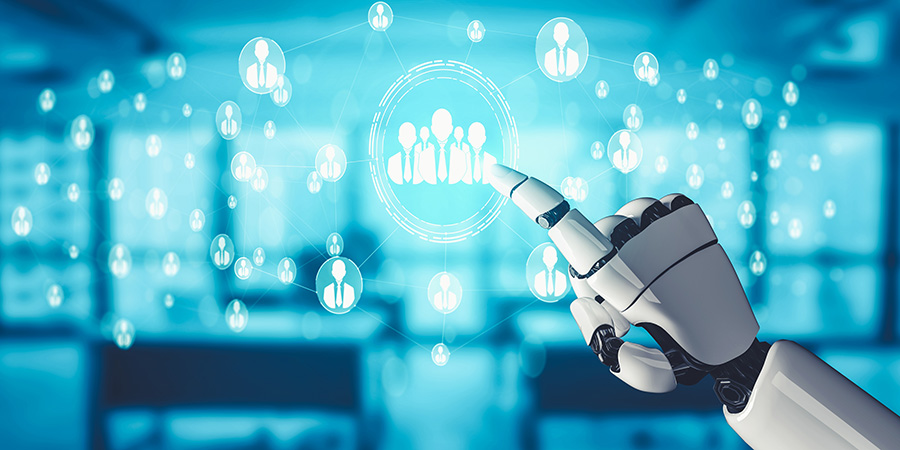During the last edition of the Telecom Review Summit held in Beirut on April 13th, mobile health and health technology were the most attractive topics. In the mobile health debate, we tackled how to manage and monitor mobile health records and link mobile health with care providers, in addition to the Electrical Medical Report (EMR).
These topics are gaining momentum nowadays because many OTTs, such as Google, Samsung and Apple, are offering free software to healthcare institutions such as hospitals and clinics, thus putting patients' data at risk.
OTTs are providing the free software in order to collect serious data of patients and to sell it to pharmaceutical manufacturers and health equipment manufacturers, or to use it to sell ads for the same targeted customers.
That is why governments are now keen to coordinate with operators and software developers to use their own platform in order to protect patients' privacy and unify their medical records under each country's privacy law.
Governments, health sectors and telcos are endeavoring to secure the data collected from patients in hospitals and medical clinics. Canada, for example, has already reached a milestone in this regard; any software should have at least two or three security layers even if it was bought from an operator inside Canada such as TELUS or Bell Canada.
Investing in the unification of patients' medical records can save governments high amounts of money. For example, in Switzerland and Canada, the government provides healthcare services to citizens, so having one medical record will allow patients to avoid duplication of tests and drugs prescriptions and much more.
This is why using technology in the healthcare sector is becoming more important, and why data privacy of patients should be regulated and protected.



